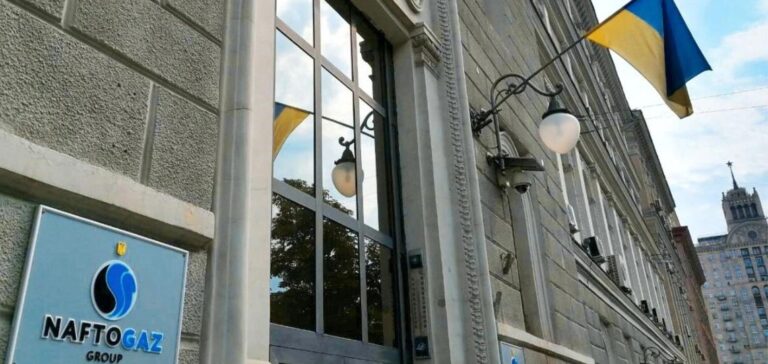Ukrainian energy giant Naftogaz said Thursday it won an order in a Hague-based court for Russia to pay it $5 billion in compensation for illegally seizing assets during the 2014 annexation of Crimea.
“Despite Russia’s attempts to obstruct justice, the arbitration court has ordered Russia to compensate Naftogaz for losses to the tune of $5 billion,” the Ukrainian giant’s CEO Oleksiy Chernyshov was quoted as saying in a group statement.
Contacted by AFP, the Permanent Court of Arbitration in The Hague, where this dispute was examined, indicated that “no information destined to be made public has been provided to it apart from that available” on its website. This site provides a history of the proceedings but to date makes no mention of any judgment rendered in this case.
The dispute was over Naftogaz’s assets that were allegedly seized by Russia during the annexation in early 2014 of the Crimean peninsula, which was then attached to Moscow in a referendum rejected by the international community. Feeling aggrieved by the annexation, the Ukrainian energy giant had filed in 2016 the arbitration court, which conducted hearings until March 2022 and the beginning of the Russian invasion of Ukraine.
The ruling was issued on Wednesday, according to Naftogaz. “The court rejected Russian claims that Naftogaz would not be eligible for any compensation for the expropriation of its assets,” the Ukrainian group said in its statement, calling on Moscow to “now comply with this decision in accordance with its obligations under international law.”
Kiev and Ukrainian businesses have increasingly turned to arbitration tribunals, private international law courts, to assert their rights against Russia.






















